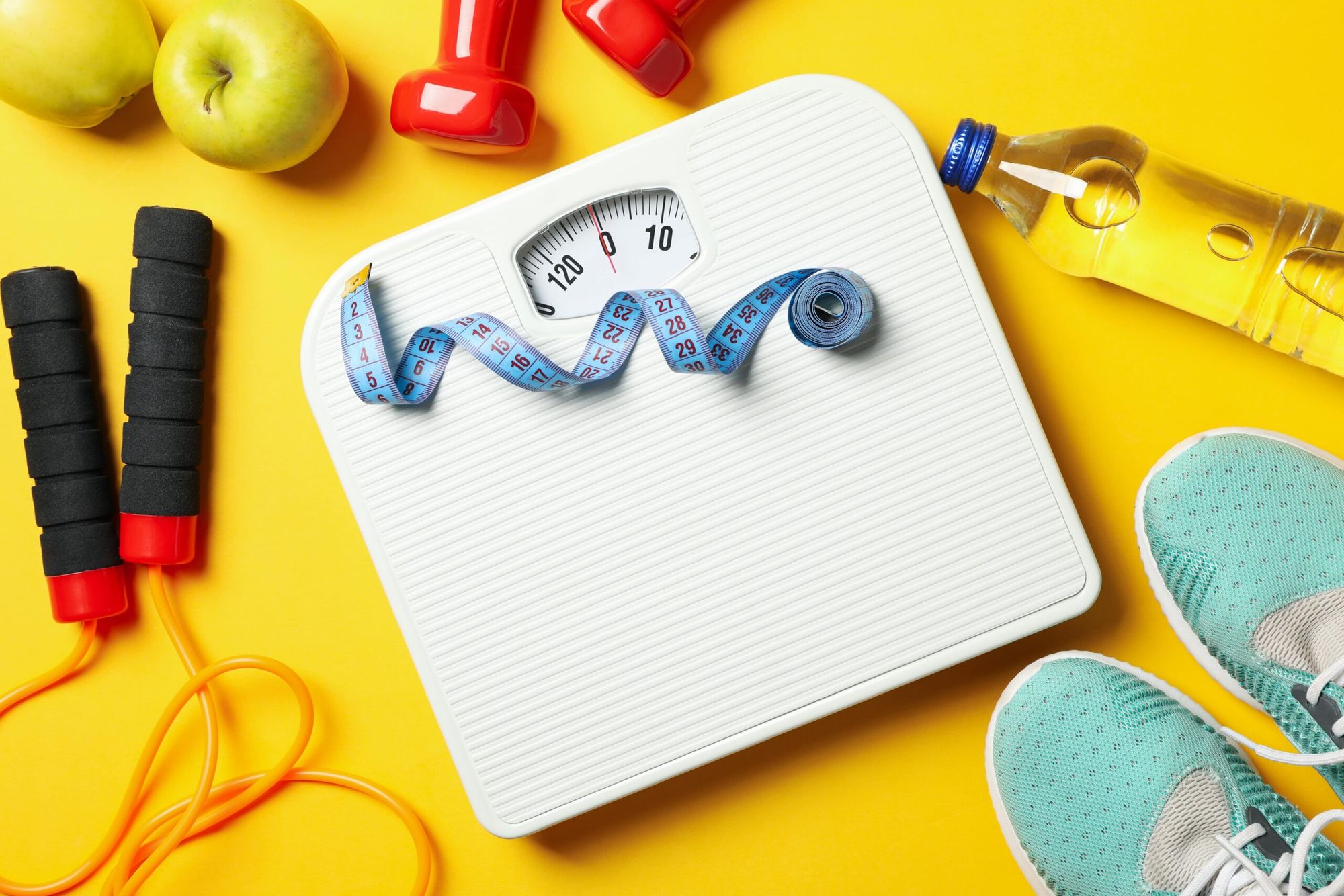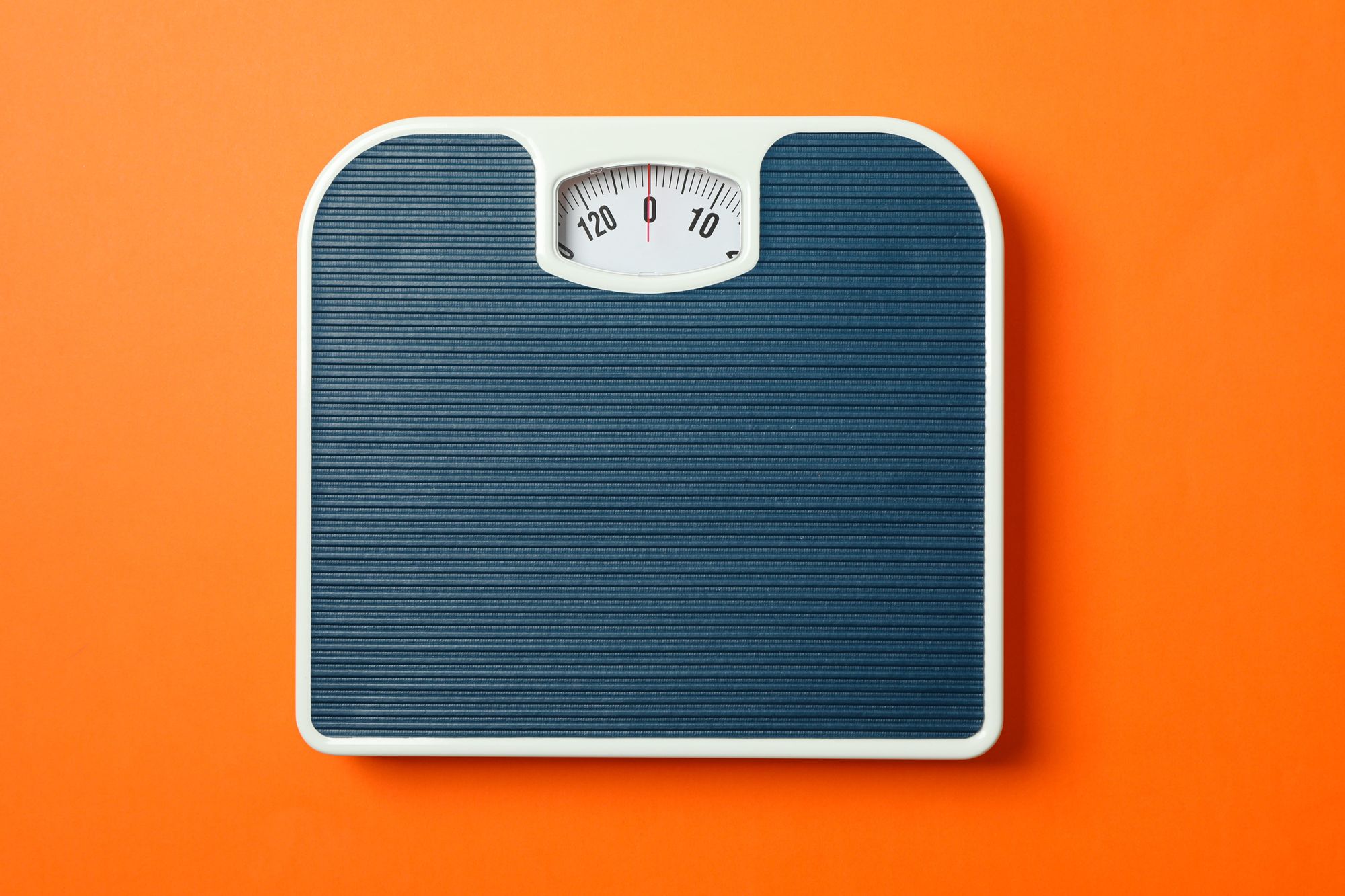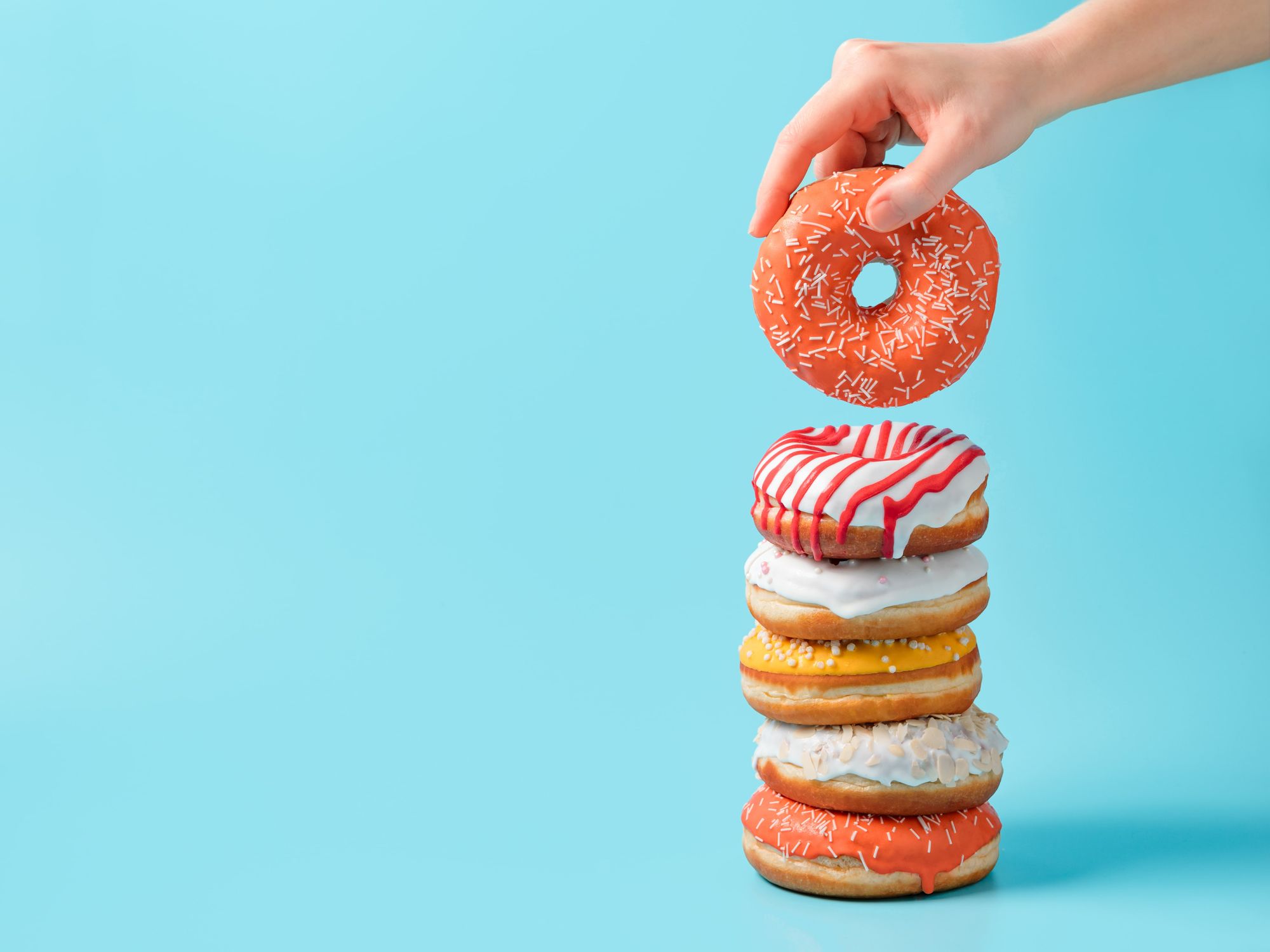
Losing weight is only half the battle, because how you successfully maintain weight loss is critical as well. Although you’ve done a great job of looking after your health by losing some weight, the next phase of the battle is maintaining it instead of putting it all back on. Anyone who’s undergone a diet and workout regimen will attest that trying to maintain weight loss is tough. Maintaining weight loss might in fact feel more challenging than your initial weight loss program, because you’ll have to sustain and upkeep your new healthier habits in the long-term to maintain weight loss.
Since it’s easier to eat clean and avoid sugary foods for the short-term, it makes sense why it’s hard to maintain weight loss in the long term.
This is why a lot of people experience yo-yo dieting or weight cycling, which refers to an up-and-down weight loss and weight gain pattern akin to the motion of a yo-yo. You lose the weight and regain it back because you backslide into your old unhealthy eating habits. So, you start dieting and exercising again, which results in an unhealthy yo-yo dieting cycle that could impact your metabolism. Studies show that only 20% of overweight people become successful in keeping off the weight for the long haul. That means losing at least 10% of body weight and maintaining that healthier weight for more than a year.
Conversely, some have lost weight but feel tempted to go into overdrive and lose even more than their BMI. Crushing weight loss targets can feel exhilarating, so how do you make sure you don’t go overboard? How do you ensure you maintain a healthy mental state without bordering on an eating disorder? Check out the below tips to maintain weight loss, so you can keep a healthy weight without compromising your health or becoming a slave to your scale.
Maintain Weight Loss by Staying Active
You may have exercised frequently to help you lose weight. Once you hit your weight loss goals, you may be tempted to relax that routine a little. Doing so abruptly could eventually cause your body to pile back on the weight. After all, you lost pounds and inches by achieving a consistent caloric deficit with exercise. Now that you’ve achieved a healthier-looking and healthier-feeling body, it would be best to keep exercising regularly. Create a balanced workout routine to help burn calories and ward off potential unwanted weight gain.
The Center for Disease Control (CDC) explains that your overall health will benefit greatly from incorporating regular physical activity into your day to maintain weight loss. Exercising helps keep your heart healthy and helps prevent the onset of many diseases. The CDC recommends that adults get at least 150 minutes per week of moderate-intensity physical activity that increases their heart rate, along with at least two days per week of strength training exercises such as weightlifting. Establish an exercise regimen that consists of weekly physical activities that you actually enjoy doing. This will help you build a more positive attitude towards exercise, which will help you exercise more often to maintain weight loss.

Keep Monitoring Your Weight
Don’t let your weight sneakily increase. Keep monitoring your weight at least weekly. Studies show that doing a daily weigh-in could help you lose weight when you’re actively trying to lose fat and inches. This works well for the weight loss phase as it keeps you motivated. However, once you have achieved your goals, you could adopt a more relaxed mind frame during the maintenance phase since you have different goals now. Modifying your daily weigh-ins prevents you from obsessing over the number on the scale.
Instead of checking your weight daily, you can do it once or twice a week once you’ve hit your ideal weight. This helps you monitor your weight and maintain weight loss because you can make adjustments to your diet or exercise plan if necessary. At the same time, this gives you the leeway to relax a bit and enjoy what you’ve achieved. After all, you are more than the number on the scale.
Prioritize Gut Health to Maintain Weight Loss
Every human being has good bacteria in the intestinal tract. Your gut flora could impact whether you can keep off the pounds you’ve lost. Research says that obese individuals possess a higher ratio of unhealthy to healthy gut bacteria. Sadly, this unhealthy ratio in your stomach microbiome could continue persisting after your weight loss. This could make it much harder for you to maintain weight loss. Hence, you must find ways to promote good intestinal flora. You can try the following tips, which promote the growth of healthy gut bacteria:
- Eat fermented vegetables like pickles or kimchi
- Stock your cupboards with gut-healthy snacks such as prebiotic bites
- Consume yogurt or kefir
- Take prebiotics like fiber-dense fruits and veggies
- Take a probiotics supplement
Practice Intuitive Eating
Once you’ve lost weight, avoid pounds-rebound by practicing mindful or intuitive eating. Don’t use your weight loss as a license to overeat and indulge. A cheat meal once a week is different from imbibing your old eating habits and goring on whatever you want when you feel like it. The latter increases your likelihood of weight gain and weight cycling.
Instead, follow a meal plan that you wouldn’t mind keeping for the rest of your life. Don’t think of it as a diet but a lifestyle change to prevent the onset of disordered eating habits and behaviors. To help you out, you could do the following:
- See a nutritionist or registered dietician for meal planning and meal prep ideas
- Take a CircleDNA test as reports indicate which meal plans work best for your genetics
- Pay attention to your food choices and savor every bite
When you practice intuitive eating, you become better at identifying your body’s physical cues on hunger and satiety. Once you know these sensations, you listen to your body and respond to its sensations rather than emotional cues that tempt you to binge eat because of stress. Mindful eating could potentially make you more attuned to feelings of fullness and satisfaction so there’s less risk of overindulgence.

Adopt the 80/20 Approach
If you want to maintain weight loss, sustainability is the key. This approach means eating 80% nutritious meals and providing 20% leeway for a few treats. Eat healthy most of the time by:
- Incorporating more fruits and vegetables into your every meal
- Eating lean cuts of protein
- Avoiding liquid calories like soda, flavored coffee, energy drinks, etc.
- Prioritizing healthy fats and cutting out processed foods
- Preparing and planning more healthy meals at home
Remember that it’s unrealistic to completely ban decadent and delicious foods that you enjoy forever. You also shouldn’t feel guilty if you want to taste a few treats. That’s why your meal prep plans must have a mix of nutritious foods that satisfy your stomach, along with a few comfort food items that feed your soul. Eating healthy from Monday to Friday means you can enjoy a slice of pizza with the kids or a couple of beers with your buddies.
Again, the key here is developing the right mindset. All types of food have a place in your diet provided you eat the less healthy ones in moderation and set healthy limits for yourself to maintain weight loss.
Be Kind to Yourself
One thing that’s constant in life is change, and this includes weight fluctuations. You take vacations and try new cuisines. You celebrate birthdays or holidays which mean convening with family and friends over scrumptious meals. And that’s fine because these activities make life more fun and exciting! When you gain a bit of weight because of these occasions, how you respond to the setback could make a huge difference.
Instead of wallowing in pity and giving up because you feel frustrated, remain calm and keep on going. Focus on non-scale victories such as how much energy you had chasing after the kids, or how you bonded with your family and made excellent memories. Small changes in body weight are not permanent once you get back to your routine. You shouldn’t feel guilty for having a good time. A positive worldview prevents you from giving up on your one and only body and helps you live a more fruitful life no matter what the scale says.
Losing weight is hard work, so it’s natural to want to be mindful so that you can maintain the weight loss, but don’t be hard on yourself if there are some fluctuations.
References
- Long-term Weight Loss Maintenance (Rena Wing and Suzanne Phelan) https://pubmed.ncbi.nlm.nih.gov/16002825/
- Physical Activity for a Healthy Weight (Center for Disease Control) https://www.cdc.gov/healthyweight/physical_activity/index.html
- Weighing everyday matters: Daily weighing improves weight loss and adoption of weight control behaviors (Dori Steinber, Gary Bennet, Sandy Askew, and Deborah Tate) https://www.ncbi.nlm.nih.gov/pmc/articles/PMC4380831/
- Persistent microbiome alterations modulate the rate of post-dieting weight regain (Christopher Thaiss et.al) https://www.nature.com/articles/nature20796







Comments are closed.